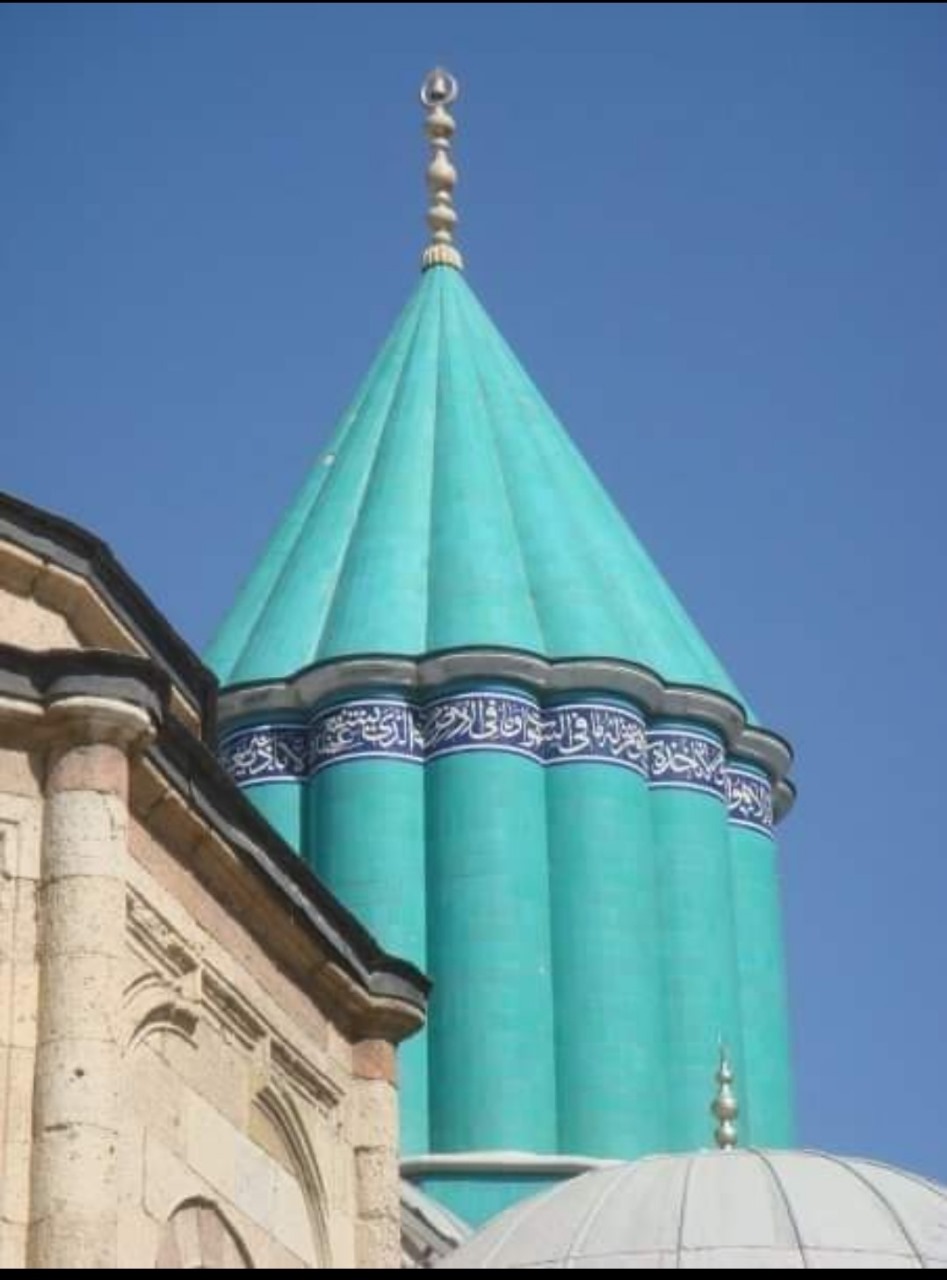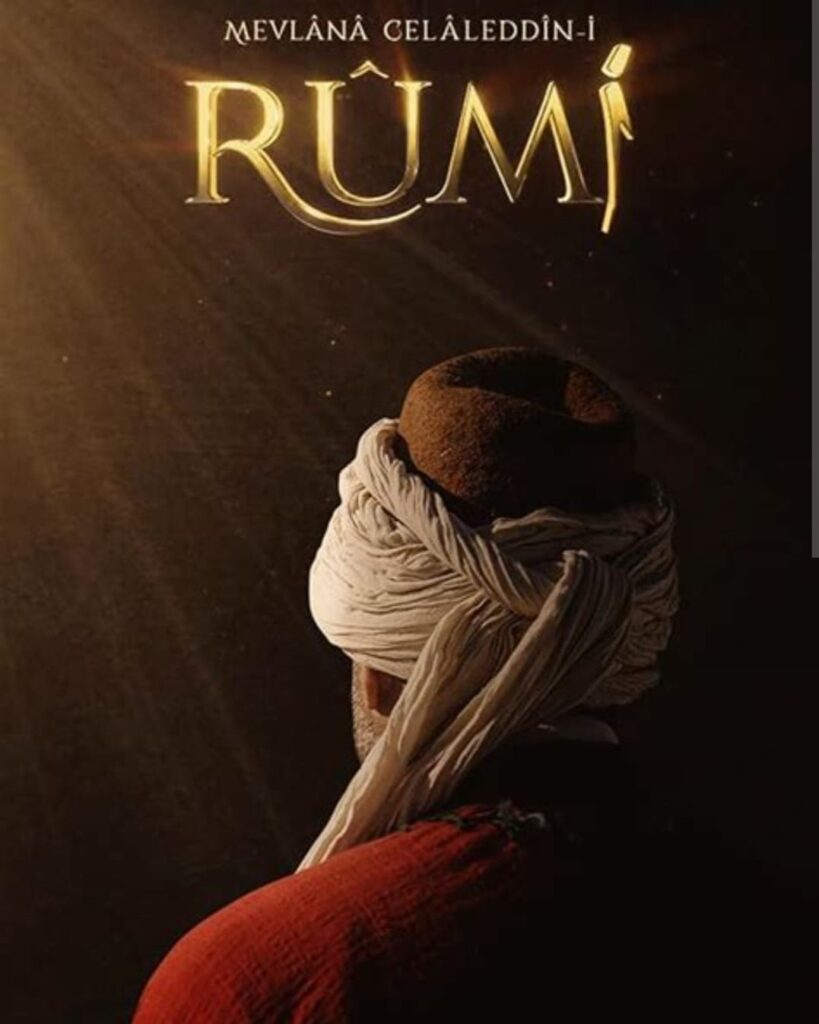Roman And Chinese Artists
The men of heart burden of knowledge truly bear
know-how and sham skills wear you down, slowly tear. (1)
When knowledge doth shape heart, it is a friend;
When it nourishes the body, it becomes a fiend.
Allah says, “Be not an ass bearing a load of books” (2)
The knowledge, which is not from Him, burden looks.
Knowledge not indirectly revealed from heaven,
Endures no more than the rouge of the beautician.
If thou shalt bear this responsibility in a high spirit
Relieving thee of heaviness, bless it shall infinite
Beware! Bear that burden for Allah’s consent
Till the true knowledge mounts to the right assent
Beware! Do not lift it for desire or passion
Ride it to mastery thy steed; carry it to heaven
When thou shalt be riding on it firm and fast
Relieved of remorse and guilt thou be at last! (3)
How will you escape lust if not in Divine Love drenched?
Thou seek not Him just naming His names get secured! (4)
Reciting His names, & qualifying attributes begets vision
The vision guides you to union with Him, the true reason
Do you know a leader without a goal to claim about?
“Were there no roads, there would be no ghoul.” (5)
Whether a name may ever escape its definition? Never!
Would you pluck a rose from Gaf and Lam? O clever! (6)
You know the “Name”. Now go, seek the master.
“Look for the moon in heaven, not in the water!” (7)
Desiring to reach beyond mere names and letters,
Get rid of egotism; slay thy “Self”; it does not matter
Thou must free thyself of “iron-ness” like the iron does (8)
Shine like a mirror, scouring off rust with repentance
Get free from attributes of self, purifying the foulness
Your heart may witness thy pure, bright essence! (9)
Thy heart with the knowledge of Prophets brimming (10)
Without books or a tutor, not even a preceptor not needing
Hazrat Muhammad (saw) has said, some of my people,
Shall bear similitude with me in soul and character (11)
Their souls shall behold me in the Divine light
And I see them illumined following my stride,
Without going through traditions, scriptures, or history
They shall gain the fount of eternal life in Love’s mystery
Learn the artistry, “As a Kurd, I’d spent last evening
But have woken up as an Arab this morning.” (12)
The secret of spending one’s “nights” and “mornings,”
Unveils the Truth, thou unto Way of God leading (13)

A window to Mathnavi Maulvi Ma’nvi
Translation and Commentary Seema Arif
Further Links for Rumi

NOTES
(1) We acquire skills and adopt professions to reach excellence in life.
But we get busy seeking recognition, striving hard for public fame and wealth. We forget our duty towards life and the living,” a burden that men of heart bear. Their only strife is to “better” the life process or condition of living.
(2) Rumi has quoted Qur’an 62:5: The similitude of those who were charged with the (obligations of the) Mosaic Law, but who subsequently failed in those (obligations), is that of a donkey which carries huge tomes (but understands them not). Evil is the similitude of people who falsify the Signs of Allah. And Allah guides not people who do wrong.
(3) When knowledge is commanded to fulfill petty, selfish desires, the master (human being) becomes the slave (of its lower self), running after the status and luxuries of this world. On the other hand, when the heart is the ruler, one commands knowledge to fulfill divine obligations. It is the only way to seek salvation here and approval in the world hereafter.
The heart here denotes “Qalb,” a Sufi term for the soul. Click for Detail
(4) For gnosis, Physical Ibaddah is not enough; A person must call Him from the heart (purer self). click for detail
(5) Original translation of Whinfield.
(6) The Persian letters “gaf” and “lam” make “Gul” meaning “Rose.”
Rumi says that the word’s true meaning is not qualified by letters; words are empty, devoid of essence.
A whole is greater than the sum of its parts – Gestalt – a theory given by German Psychologists Max Wertheimer and Franz Kafka, explaining part-whole relationship. This thought has been incorporated into systems theory and is currently used in many natural and social sciences. It is of particular importance in organizational behavior and management sciences as well. Much earlier, it had been adopted and refined by the Illuminationist School of thought propounded by Suhrawardi.
(7) Original translation of Whinfield.
(8) Rumi’s verses repeatedly claim to clear off the rust of iron. In those days the mirrors were not made of glass but of shining metal, usually iron scrubbed to mirror-ness. So, Rumi has used this allegory again and again: clearing off the rust from the heart is freeing oneself of selfish worldly desires and mirroring attributes in oneself is to reflect The Divine Truth.
(9) Attributes of self are desire for praise, greed, lust, jealousy, envy, anger, and the like, and worst of all, pride and insolence. In contrast, the Divine attributes that shape the heart are mercy, empathy, generosity, patience, magnanimity, and the like.
(10) Called “ilm al Dunni.” See Surah Kahf Khizr addressing Moses.
(11) A qudsi Hadith
(12) Sayyed Abu al Wafa was a “Kurd,” a person of Turkic origin, hence ignorant of Arabic. He found a paper with the words Bismillah upon it, and, after spending the night in prayer, the next morning, he could read and speak Arabic. Allah had illumined his heart to understand Arabic.
(13) The Qur’an says, “Recite what is sent of the Book by inspiration to thee, and establish regular prayer: for prayer restrains from shameful and unjust deeds, and remembrance of Allah is the greatest (thing in life) without a doubt. And Allah knows the (deeds) that ye do. (29:45)
( Copyright 2024 ) Dr. Seema Arif All rights reserved.
All material on this page is Seema Arif’s original writing. Using it in any form of publication and print media without prior permission will be considered a violation of rights. When quoting research papers, proper referencing should be used.





